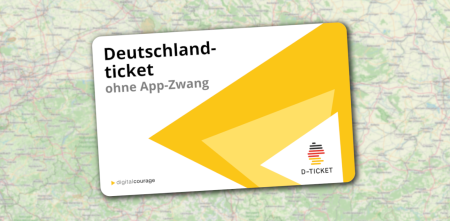Charlie Hebdo Tragedy Must Not Be Used to Expand Surveillance
More than 20 digital and civil rights organizations, including Access, Constitutional Alliance, Advocacy for Principled Action in Government, PEN International, IT-Political Association of Denmark, Digitalcourage, Article 19, Electronic Frontier Foundation, and La Quadrature du Net have endorsed a joint statement calling on world political leaders not to expand surveillance measures in wake of the Charlie Hebdo tragedy. Read the full statement here.
It’s natural to be gripped by powerful emotions in the wake of a tragedy, but we must not dismantle the pillars of our democracy while we mourn.
A few weeks after the Charlie Hebdo attack, we all want to make sure such an event never happens again. But increasing the scope and scale of the surveillance state is not the answer. We’ve seen this before—a tragedy that leads to a dramatic expansion of security measures, without the checks and balances to ensure that other rights, like privacy and free association, aren’t undermined. Charlie Hebdo journalists fought all their lives for an open democratic society where everyone could speak freely. It’s ironic, then, that in response to the attack some are suggesting short-sighted national security reforms that would ultimately undermine our privacy, our civil liberties, and everything these cartoonists stood for.
Earlier this month, in the wake of the attacks, European leaders visited Paris to attend a march for unity. The French government used this opportunity to organise an extraordinary EU Home Affairs summit. There, it decided to move several concrete proposals forward, two of which would drastically impact human rights: 1) a problematic EU Passenger Name Record agreement that has been discussed in Brussels since 2011; and 2) ad-hoc measures for internet platforms to monitor hate speech.
Both agreements stand to trample our civil liberties. The establishment of an EU Passenger Name Record agreement governments would store, access, and profile the passenger data of millions of Europeans, exponentially expanding their surveillance capacity. Internet platforms like Google and Facebook would be compelled to monitor and censor online content, a violation of our basic right to free expression.
It’s too much. France already expanded its surveillance capacity in the past 12 months by passing military programming and anti-terrorism legislation. Yet the attacks still happened. French intelligence had actionable information on the perpetrators of the attack but decided, based on their needs and resources at the time, to stop tracking them. How much more information would have the Direction Générale des Services Extérieure (DGSE) needed to thwart an attack?
More surveillance does not usually lead to more security. Increasing the scope and scale of government surveillance is not the answer to our societal problems.
We must instead hold strong to the values of the democratic society that we want to live in. We can argue about whether the content in Charlie Hebdo is worth celebrating, but we must strive for a society in which Charlie Hebdo can peacefully exist, one that treasures and protects free expression and freedom of the press. Attacks on our basic rights appeared before the smoke even cleared in Paris. But whether you agree with what the newspaper stood for or published is less important than the fact that our civil liberties the pillars of democracy must be upheld at all costs.
In the wake of the Charlie Hebdo tragedy, millions of people—including many world leaders—gathered in the streets of Paris and beyond to show their support for free expression under the banner “Je suis Charlie.” But if all the leaders present at the march in Paris want to honor Charlie Hebdo, they must understand the values that Charlie Hebdo espoused: a society that promotes freedom of expression and human rights above all.
Read the joint statement calling on world political leaders not to expand surveillance measures in wake of the Charlie Hebdo tragedy.
Wir setzen uns für Ihre Privatsphäre und Grundrechte ein. Unterstützen Sie unsere Arbeit mit einer Spende oder mit einer Fördermitgliedschaft.

